Your cart is currently empty!
Keeping Moviegoers Off Phones Just Got Serious
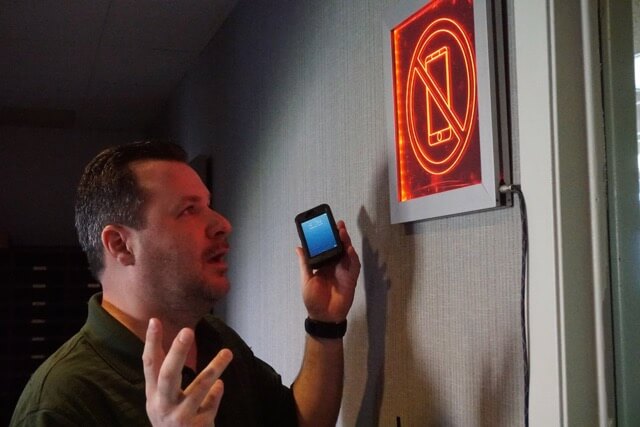
Keeping Moviegoers Off Phones Just Got Serious
If you are like me, you enjoy a good movie theater experience and don’t mind paying for an overpriced ticket and popcorn. What I don’t particularly appreciate is when fellow moviegoers use their smartphones throughout the entire showing. Even the dimmest of screens can light up an entire aisle and distract the viewing experience for many. I can understand if it were a true emergency, but the fact that their small screen continually illuminates every 30 seconds indicates a back and forth texting session involving an individual that does not care much about the movie, much less my own enjoyment of the experience. If we can’t safely and legally use our mobile devices while driving (which I wholeheartedly agree with) I think a reasonable argument can be made for banning the use of mobile devices in the movie theaters as well. While it’s not a safety issue in theaters, paying customers should have a significant influence over the policy of distracting devices used in theaters.
In an effort to appeal to the millennial customer base, Adam Aron, CEO of AMC Theaters, told Variety Magazine he would be open to the possibility of allowing people to text in some theaters. Social media channels immediately lit up with angry movie patrons and AMC Theaters quickly responded with this about face, “With your advice in hand, there will be NO TEXTING ALLOWED in any of the auditoriums at AMC Theatres. Not today, not tomorrow and not in the foreseeable future.” The last thing theater chains want to do is alienate loyal theater customers. They already have to fight for consumer dollar spending over competition from premium movie services, streaming, VOD and home theater systems. If theaters are not more careful, they may soon be relegated to nostalgia of drive-in movies, or the lack of vision shown by once large retail rental chains such as BlockBuster. So if movie theater chains agree that phone use during the films is not acceptable, how could they go about enforcing this policy?
Combatting movie theater distractions
Method One – Self Policing:
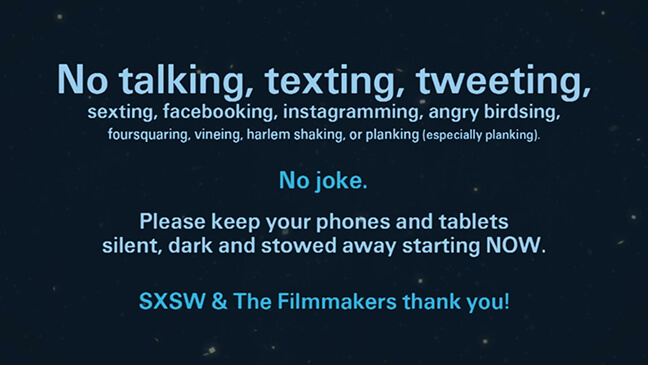
Theaters could always ask their patrons to self police. Multiple campaigns reminding offending patrons have already launched and these include reminders to all moviegoers to report incidents to the box office or nearest usher. But this neighborhood watch approach can’t be expected to deliver law and order to our movie theaters, particularly when a hard Jujyfruit candy thrown at just the right velocity can crack a smartphone screen. Finger pointing and disruptions are bound to occur when patrons are left to police themselves.
Method Two – Jam All Phones: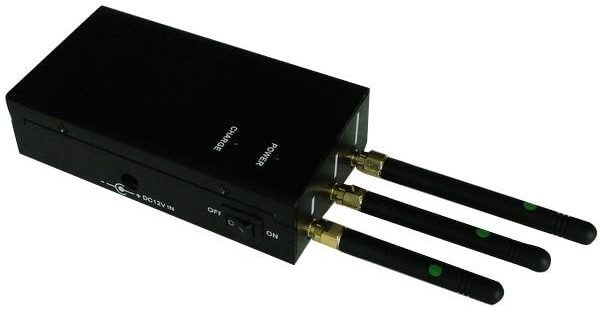
Anyone can purchase a mini pocket RF jammer online for less then $100 and knock out every mobile phone in the theater or anywhere smartphone abuse has reared its ugly head. These smartphone vigilantes have sprung up before in heavy traffic areas on the roads in an effort to keep commuters off their phones while driving. The problem is that jammers tend to be wildly unpredictable in both output power and range. So while you may think you’re keeping the public safe from texting drivers, prisoners conspiring within prisons and annoying theater goers, you might very well also be keeping others from dialing 9-1-1. And then there’s also the hefty fines imposed on violators and overall legality of RF jamming too. “The use of “cell jammers” or similar devices designed to intentionally block, jam, or interfere with authorized radio communications (signal blockers, GPS jammers, or text stoppers, etc.) is a violation of federal law.” according to the FCC. They go onto say “These devices pose serious risks to critical public safety communications, and can prevent you and others from making 9-1-1 and other emergency calls. Jammers can also interfere with law enforcement communications.“
Method three – Detection and Deterrent:
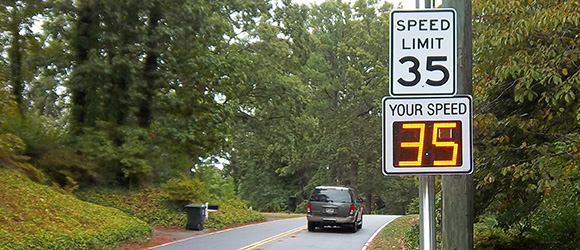
We’ve all seen those electronic speed signs with integrated radar gun technology posted on the side of the roads. They serve not only to accurately post your current vehicle speed but also remind you to slow down if you didn’t realize just how fast you were going. Signs like these are effective and inexpensive. They remind us to keep our speed in check and do not require any officers, car or ticketing resources. After all, on a good day, most police officers can only write a handful of speeding tickets which only go onto take up more time and resources in courts after that. Remote “speed traps” involving live police presence are cost prohibitive and being phased out slowly in favor of more automated deterrents. This is where theater owners can benefit from wireless detection technology.
Sometimes a well placed deterrent or sign is all you really need. Sometimes you need technology to provide data or time stamps of each violation. And sometimes you need both.
When there is imminent fear of being caught or fined and there is technology to back that up, moviegoers might put their phone into airplane mode and actually watch the movie. We’ve been designing RF cell phone detection and deterrent products for years and have learned a lot. Sometimes a well placed deterrent or sign is all you really need. Sometimes you need technology to provide data or time stamps of each violation. And sometimes you need both.
Successful theatrical business models such as the Alamo Drafthouse live by a few simple principles including a zero-tolerance policy towards talking and texting during the movie. As with texting and driving, there is no single killer solution to the problem but when used properly, technology fighting the abuse of technology can be the most effective solution of all. For more info on cell phone detection for any application, visit our website.
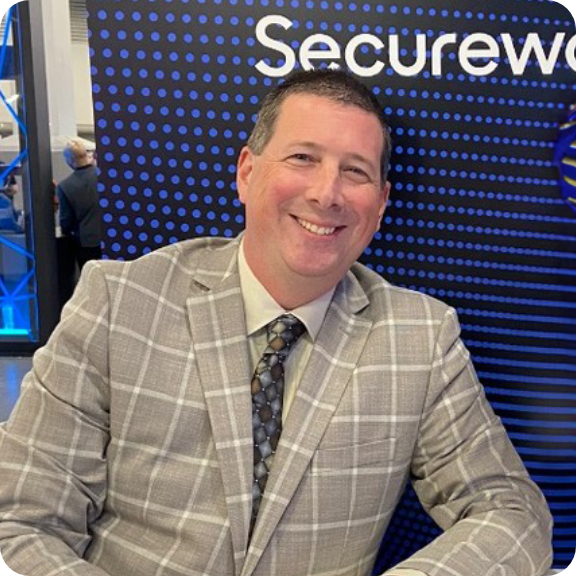
Scott Schober
CEO | Author | Speaker at Berkeley Varitronics Systems
Scott Schober presents at cybersecurity and wireless security conferences for banking, insurance, transportation, construction, telecommunications and law enforcement industries. He has overseen the development of dozens of wireless test, security, safety and cybersecurity products used to enforce a “no cell phone policy” in correctional, law enforcement, and secured government facilities. Scott regularly appears on network news programs including Fox, Bloomberg, Good Morning America, CNN, MSNBC, NPR and many more. He is the author of 'Senior Cyber', 'Cybersecurity is Everybody's Business' and 'Hacked Again', the “original hacker’s dictionary for small business owners” - Forbes Magazine.
Our Newsletter
Lorem ipsum dolor sit amet, consectetur adipiscing elit. Aliquam mattis ligula vitae leo scelerisque, sit amet feugiat ex venenatis.
"*" indicates required fields
Latest Posts
Our Best Sellers
How can we help?
Lorem ipsum dolor sit amet, consectetur adipiscing elit. Nunc dictum aliquet justo sit amet consectetur. In tempor lobortis ante vitae ornare. Praesent feugiat magna at tempor consequat. Aenean in iaculis libero, aliquam imperdiet mi.

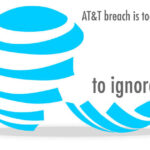

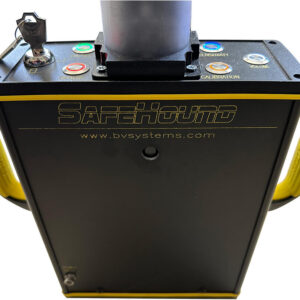



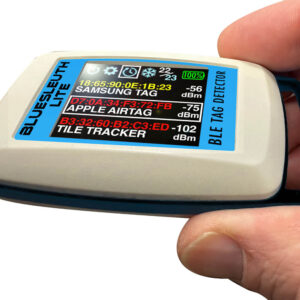
Leave a Reply